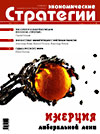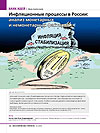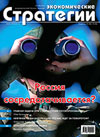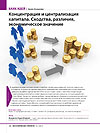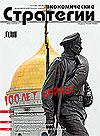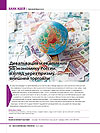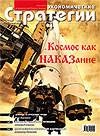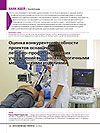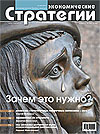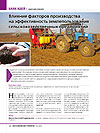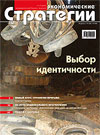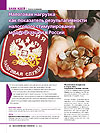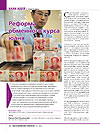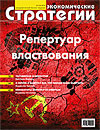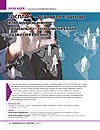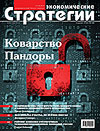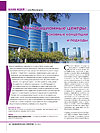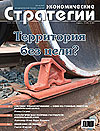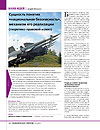In today’s world a profit of certain companies is constantly changing, their mergers or acquisitions are very often. But is it possible to predict these indicators’ behavior or at least to explain how they work behindhand? The answer to this question is related to the capital concentration and centralization concepts and to the corresponding theoretical apparatus developed by Karl Marx. But how does this apparatus work in real life, are all its prerequisites to be performed, are there any factors that it does not consider? Or maybe this whole theory is worth no more than the paper on which it was written? The answers to all these questions constitute the contents of this essay. Thus, the paper considers practical application of Marx’s theoretical theses on capital concentration and centralization.
Продолжить чтение


